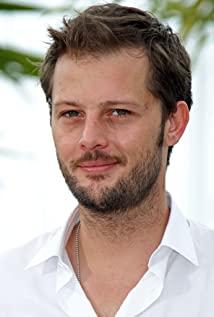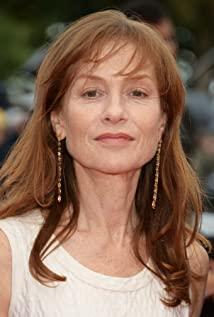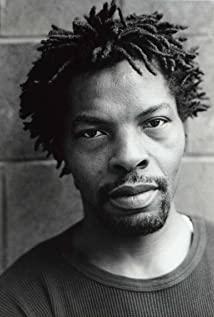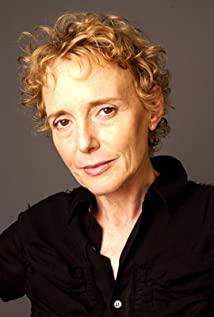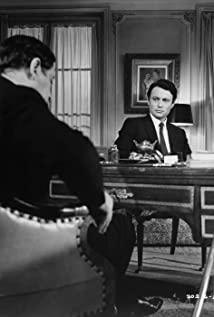Comment on "White Matter": The entangled origins of addiction and obsession
September 09, 2009 19:26 Source: Sohu Entertainment Author: Compilation/Grass Tree
French veteran female director Claire Dennis returns to the African theme this time with a new film "White Matter" Explore the water city of Venice. The film tells a tragic story that happened on the land of Africa. The protagonist is a white woman who owns a farm in Africa. In the face of the rebellion sweeping the country, she desperately guards her land.
Through Dennis's lens, it is impossible to get a sense of satisfaction in a pseudo-liberal way. It is also absurd to look at this land and everything that happens in it from the perspective of a superior civilized country. In Dennis's view, Africa is like the addictive drugs grown on the farm in the film, exciting but hidden crisis, which is also a theme from the beginning to the end of the film. However, it now appears that the film can only be shown on a small scale in Europe and the United States, and it is difficult to be accepted by the mass market like Dennis's previous work "35 Bottles of Rum".
"White Matter" is easily reminiscent of Dennis's work "Chocolate" 21 years ago, because the protagonists of both films are white women living in Africa, and Isaac de Banker is also in charge. In this film, the French farmer Maria played by Isabel Huppert is in a vortex of civil war. French soldiers who are about to leave strongly advise her to take her back to her motherland, but she dismisses it.
Maria’s farm was left to her by her father-in-law Henry (Michelle Sobo), because he thought Maria was much stronger and more capable than his useless son, Maria’s ex-husband Andre. Ironically, Maria’s beloved son, Manuel, is just like his father, a lazy person, but she has been desperately fighting back people’s criticisms of him. People can't understand her protection of Manuel, just as they can't understand her decision not to return to France in such a bad environment. In fact, Maria’s determination is based on her paranoid thoughts and “turning a blind eye” to reality.
As time passed, the country became more and more chaotic. The underage soldiers in the rebel army want to find a leader who can guide them, and the government forces are also brewing to regain power and the chassis. The ambitious mayor believes with confidence that relying on his own private army. You can reach the pinnacle of power in this country. In the tragic situation where the people of the entire country are in displacement, Maria still insists on her beliefs, always believing that since she could contempt the dangers and difficulties at the beginning, she will surely tide over the difficulties with her family smoothly now.
At the end of the film, when the young activists and Manuel frantically looted the pills belonging to the killed pharmacist, Dennis pointed out the key to the film, that is, this land of Africa is easily addictive and obsessive. nature. It seems that the director is not trying to portray Maria as a person worthy of admiration or admiration. In the extremely chaotic political situation, she simply has no ability to retreat. On the contrary, her unbreakable confidence as a white plantation owner blinded her and made her refuse to admit the fact that her family had fallen.
In structure, the film is like a novel, which is closely related to Dennis who is also the screenwriter of the film. Of course, this is still a typical Claire Dennis work. The last thing to say is that the great Isabel Huppert interprets the protagonist Maria with ease, and the elegy-like soundtrack makes this rather intricately structured film even more integrated.
(Editor in charge: Escape)
View more about White Material reviews







